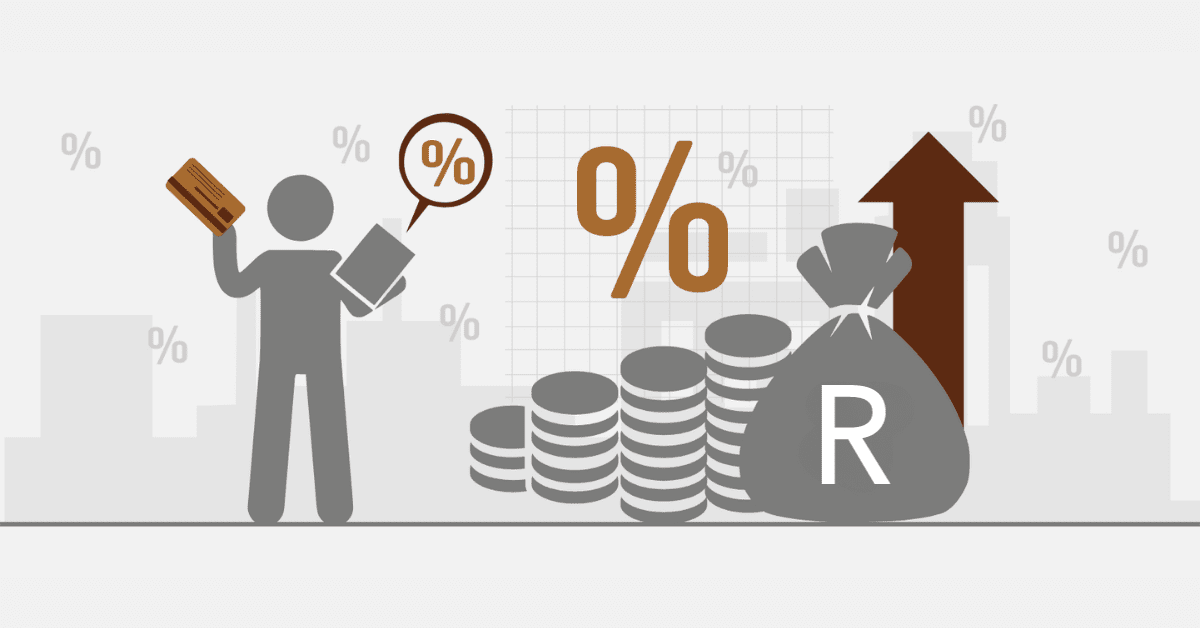Development in most avenues of the South African economy is highly dependent on job creation and growth through small businesses. In fact, for most entrepreneurs in South Africa, their most significant barrier is a shortage or lack of access to capital resources. Business loans are essential for this company, allowing it to expand activities, buy equipment, or service cash flow. In South Africa, different financial institutions and banks have various loan products tailored to answer peculiar needs that most small businesses face.
Which Bank is Best for a Small Business Loan?
Whatever the entrepreneur’s need, South African banks have a business loan for it. Such options include, but are not limited to, highly prestigious ones: FNB, Standard Bank, and Nedbank. They are outstanding in the comprehensiveness of their services and the solutions provided.
FNB Business Banking
FNB is one of the best regarding innovative digital platforms and services that enable small businesses. The loan structures are flexible, including term loans, overdrafts, and working capital solutions. Business loans are quite attractive owing to competitive interest rates and flexibility in payment terms. FNB provides integrated accounting solutions and business analytics tools that help business owners track performance and keep their finances in order.
Nedbank Small Business Services
Note that Nedbank has always said access to affordable finance is critical to the survival and success of a startup and small enterprise. From affordable banking through its bundled pricing to loan structures to meet expansion needs and new equipment, Nedbank has simplified access to and management of funding for any entrepreneur through dedicated small business specialists and digital banking platforms.
Standard Bank Business Banking
Standard Bank is among the leaders in inclusive financial products such as small business loans. Its multi-tiered pricing system offers services for businesses of any size and a robust digital presence, thus ensuring efficiency concerning online applications. Its solutions for different industries make Standard Bank among the favourite banks for those businesses that need sector-specific support.
How to Qualify for a Business Loan in SA
This also requires sufficient preparation based on some requirements specified by the lenders. Banks, in particular, check for the revenue generated through the business, operational history, and credit scores. The entity must be based on a legal, registered structure: sole proprietorship, partnership, or a private company. Typically, this ranges by most lenders to at least R 35 000 a month minimum required income. At the same time, some need the business to bring in at least R200 000 and upwards per year, assuring that the business will be viable enough and enable you to repay the loan.
Financial statements are rather important when applying for a bank loan. A borrower should provide extensive records of business plans, projections of cash flow, and updated financial statements, including income statements and balance sheets. Up-to-date VAT, clearances of tax, and bank statements of the last three to six months are also required. Collateral for the loan can be asked for in which the equipment, property, or inventory could be kept as securities. Personal financial statements are often called for to estimate the owner’s creditworthiness using credit scores and proof of identity.
How Much Can I Borrow to Finance a Business?
In South Africa, the amount a business qualifies for will depend on the policy and health of the lender, plus what it intends to use the loan facility for. Most loans granted to small businesses run from R10 000 to R10 million and over, with repayments stretching up to 25 years. In the case of a start-up or small-scale enterprise, the loan amount usually depends on the revenue generated and profitability.
Firms with high annual turnover and strong financial statements may be considered more widely. Some banks have sector-specific funding wherein, considering the peculiar needs and growth opportunities across a sector, quantum has been specially designed to fund that sector. More often than not, the need-based lending is related to the purpose of taking it. Equipment or property funding can be more extensive than working capital or promotional loans. Collateral-based overdrafts can also grant higher quantities due to lesser risk to the lender.
How Much is One Supposed to Earn to Qualify for a Loan in SA?
Most lenders require a minimum for the business to qualify for this loan in SA to have a turnover of about R 35,000 per month, translating to an annual revenue of at least R420,000. This requirement, however, varies from bank to bank and even with loan products. More extensive loan requirements go as high as R 500 000 or even R1 million annually.
In addition to income, the lender would scrutinize profitability and cash flow from the perspective of the loan to be issued. Suppose the business stays in the same growth pattern but with reflections of capability in servicing its repayments and operating expenses; there is a better likelihood of such acceptance.
Final Thoughts
The loan provides invaluable support to the growth and innovation of small businesses in South Africa. Selecting an appropriate bank and loan product, observing eligibility criteria, and responsible borrowing are crucial steps toward success. With trusted options such as FNB, Nedbank, and Standard Bank, entrepreneurs can rest assured of finding tailored solutions for their unique needs.
